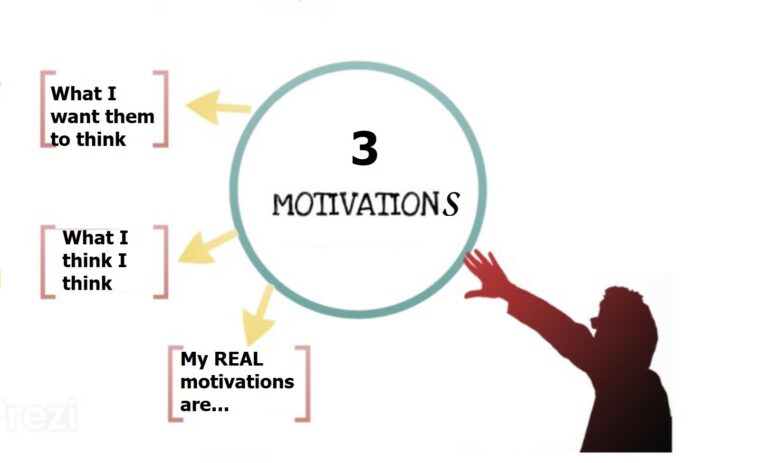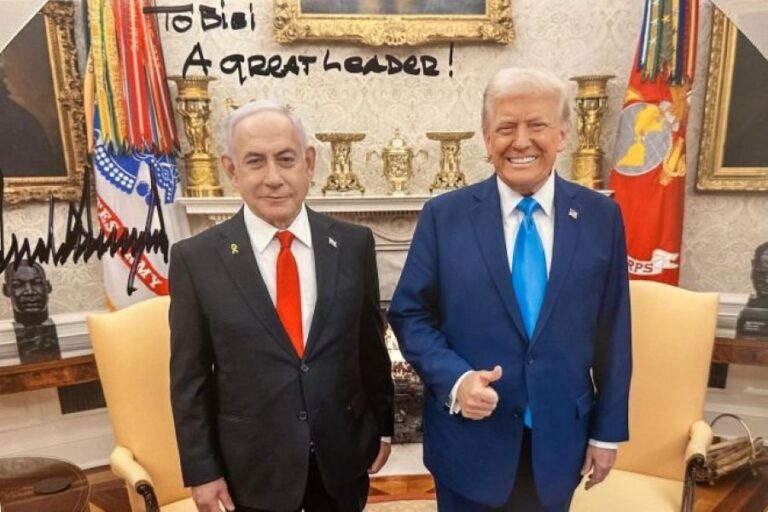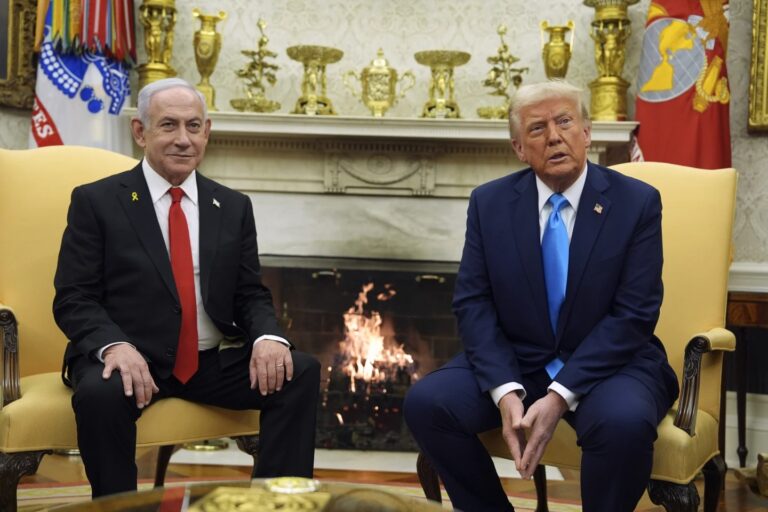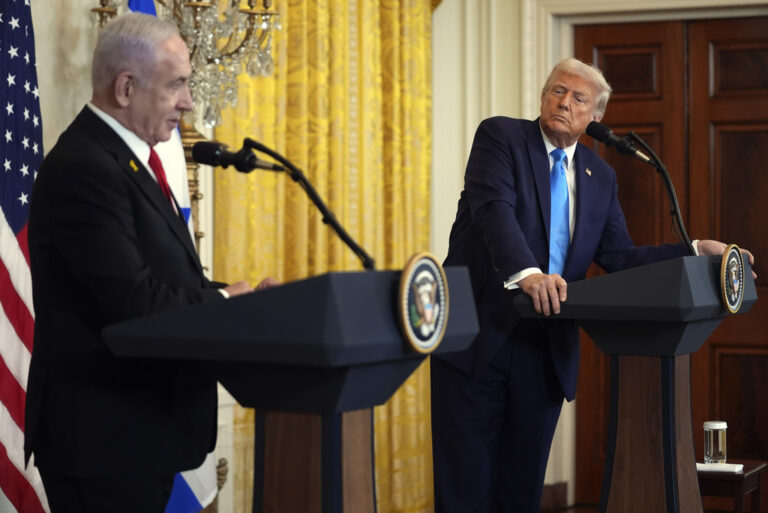by Rabbi Yair Hoffman for the Sefas Tamim Foundation
In this week’s Parsha, Ephron tells Avraham Avinu, “…I have given you the field, and the cave that is in it… Before the eyes of my people, I have given it to you; bury your dead.” (Bereishis 23:11)
The words “Before the eyes of my people” are rather perplexing. What message is Ephron trying to convey with these words? We may also ask another question. Five Passukim later, when Avrohom weighs out the talents of silver to Ephron the Passuk spells Ephron’s name without a “vov”. Why is his name spelled deficiently?
To answer the first question, the Netziv explains that Ephron is, in essence, telling Avrohom, “I am offering you the field for free – ‘before the eyes of my people’ i.e. as a public gesture. But that is just for public display. In reality, I am not that generous, and when we are in private – I will take from you 400 talents of silver.”
Generally, people have three motivations. There is the motivation that they want people to think that they have. We will call this “Motivation Number One”. “Motivation Number Two” is the motivation that they themselves think they have. “Motivation Number Three” is the motivation that they actually have. This motivation is what truly propels them, and quite often, people are unaware of what their true motivation actually is.
Ephron’s Motivation Number One was that people perceive him as an important person with a nobility of purpose. Motivation Number Two was that he was doing it for the money. He did not want the public to know this, but he appears to be honest with himself and he appears to even be honest with Avrohom. His thought process was, “There is nothing wrong with earning an honest living. I must feed my family and so I will sell the field for a significant amount of money.”
To answer the second question above, Rashi explains that Ephron said much, but he did not even do a little and that is why his name is spelled deficiently. Perhaps a deeper meaning in the Rashi can be suggested. Ephron’s name was spelled deficiently because of Motivation Number Three which was far more sinister than even Ephron himself realized. His sinister motivation was that he “said much, but did little” in order to take advantage of Avrohom and overcharge him which is truly evil.
On Shabbos morning we daven to Hashem for divine assistance and request that Hashem purify our hearts and serve Him in truth. This is to purify our motivations when we take action so that all of our motivations are noble and consistent with one another.
Part of having a personality of Emes involves readily admitting one’s own mistakes. This is more difficult than it may seem.
Rabbeinu Tam, is known as the greatest of the Baalei HaTosfos. He was also the grandson of Rashi. He is described by Rabbi Yechiel Halpern of Minsk, author of Seder Hadoros (p.207) as not only the greatest of the Tosafists, but also a person unprecedented in the quality of Modeh al HaEmes – admitting a mistake. It seems from Rav Halpern’s placement of these two seemingly disconnected facts – that he was the greatest of the Tosafists and excelled at admitting his mistakes, that he was the greatest of the Tosafists because he would readily admit a mistake.
Throughout his commentary on the Germorah and in many places throughout Rabbeinu Tam’s other works, we find that he readily admitted to the position of those he debated with and accepted their interpretation of a source as more cogent than his own.
We can further see the challenge and reward of admitting a mistake from the fact that the Midrash informs us that the defining aspect that earned Yehudah the future kingship of Israel and the right to be the progenitor of Mashiach and the entire future redemption, was the fact that Yehudah had admitted his mistake in the matter of Tamar.
It may, at first glance, seem strange that there is such reward for the mere act of admitting a mistake. However, the Yetzer Harah is so strong that defeating it is no small feat. How often do we hear in public discourse, the saying “Mistakes were made” as opposed to the honest admission, “I made a mistake”.
Many accomplished people and leaders have a very strong sense of self. Admitting that they made a mistake, threatens that strong sense of self. “I did something that hurt someone else! I did something that was not very smart! I now need to revise my strong belief in myself!” It takes heroic levels of strength and valor to do so. As we see from Yehudah, if we can readily admit our mistakes, we can earn extraordinary rewards.
Why not subscribe to a weekly parsha sheet on Emes? Each week you can read four unique columns on emes! One on the weekly parsha, another on INSPIRATION, another on Halacha and a fourth elucidating classic texts!
Send an email with the word subscribe in it to [email protected]












One Response
If one really has, does not need to show off. Yaakov Avinu said to his sons, למה תתראו, don’t make it look like you have when you do not. The Ksav Sofer stresses also that Ephron wanted to convey to Avraham that he only he is giving it to him in front of the people being around but when being face to face, they will make an accounting.